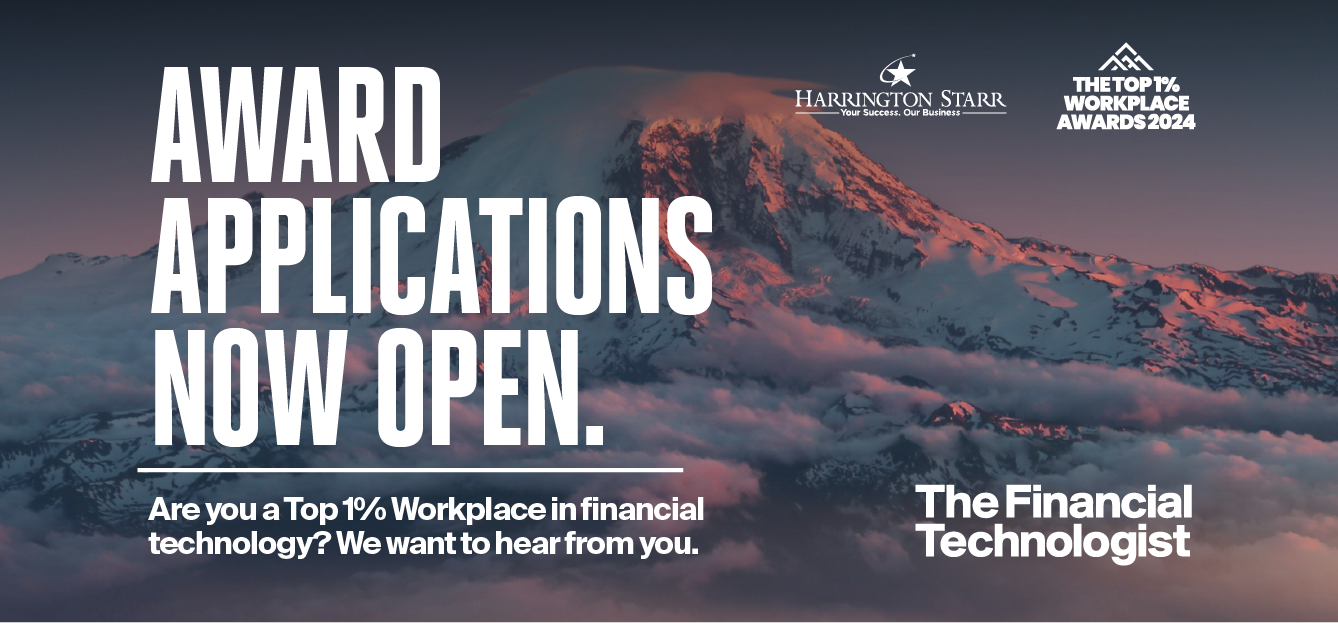We created LiFT in 2019 with a clear objective. We want to be someone else’s next step. This means that we want to provide companies and individuals with the means to go further in their development, to reach higher in their ambitions and to be happier with their realizations. What we are convinced of is that this cannot be achieved if we work according to a linear vision of growth. As economist Kate Raworth puts it with herDoughnut economicsmodel, the most efficient growth model is about finding a soft spot of growth balance where we can collectively get all richer and happier. This is what inclusion is about.
At LiFT, we focus on a specific target. We primarily address FinTech start-ups either preparing for Series-A or that just completed Series-A and have to deliver on their commitment to their investors. This time of the life of a start-up is critical. With the right talents, in the right seats, supported by the adequate corporate culture, a companycan really use the resources flowing through the organisation during this period to build rock-solid foundations. The other way around, if nothing is put in place at that time to consciously define an innovative and efficient management model, the performance of the company will suffer from it until this is corrected.
This is why we make it a priority to provide start-ups with the tools and frameworks to design inclusive management models, inclusive recruitment programs and inclusive growth-sharing strategies. These services all have in common to support FinTech Start-ups to complete seed and Series-A funding rounds, and to make their 18 months runway post funding a success. The key challenge of this stage of development is to deal with the growing institutionalization of the organisation. As the company grows communication channels become less direct and conflicts can multiply.
Training CEOs and Managers to deal with this phenomenon of institutionalization ofa growing start-up is a great way to secure growth on the long term while fostering an inclusive corporate culture. Only 20% of start-ups manage to go from seed to Series-A. The odds are more favorable for start-ups going from Series-A to Series-B but what is interesting is that 25% of start-ups failures are due to not having the right team in place. So the market need is here, the money is here but either the skills balance or the management system or both, are missing. Our mission is to increase start-ups' success rates by addressing these challenges.
This is how inclusion in the FinTech start-ups can become a reality. Upstream, education programs to promote FinTech careers to diverse talents are key. Downstream, when a start-up already exists, its primary focus is to secure growth. As it is a riskier environment than incumbent banks or established scale-ups, it tends to drive away people with less of a safety net or more risk averse by education. Finding the right balance between growth ambition and attractive culture often relies on having an inclusive mindset. And this actually can be achieved by having an excellence mindset. If, as an entrepreneur, I put all my efforts into finding the absolute best candidate for each job, rather than going for the easy way of hiring within my natural ecosystem, I will end up leading an inclusive company and most likely a very successful one too!
Magdalena Thurin & Marie-Charlotte Johnstone-Rouzier
Co-Founder, Co-Founder
magdalena@wearelift.eu & marie.charlotte@wearelift.eu
